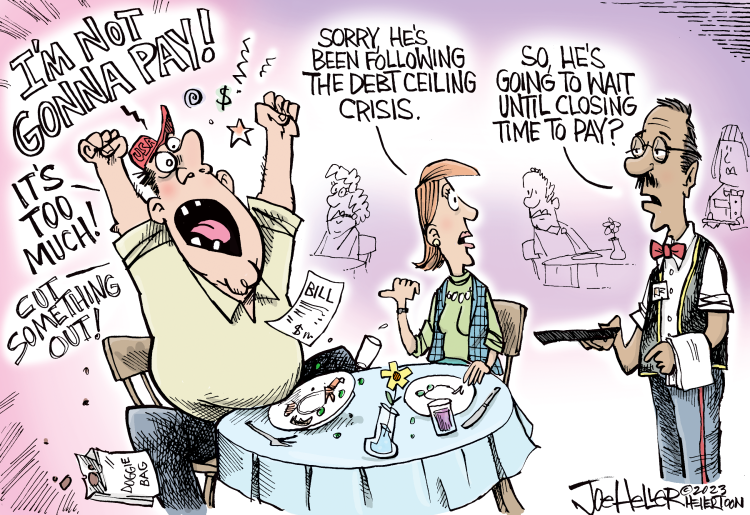My Aunt recently passed away. She was my Dad's sister ... and she was a fantastic person. She was loving and kind. She was a natural-born caregiver, And she was as sharp as a tack. What wouldn't we give for another moment with her? My response to her death reminded me of my feelings when my Dad passed away.
This time, the conversation was a little different. People asked me if I thought that A.I. would enable us to live on after our bodies started to give out on us. I recorded some of my thoughts.
I don't think A.I. will give us life after death.
I do believe technology will get good enough to create a replica of you - that talks like you, responds like you, and even comforts people who miss you.
I don't believe technology can capture whatever part of us doesn't live in our bodies. Whether you call it our soul (or something else), I don't think that will ever get uploaded to the matrix, so you live on.
And, I think that's okay. Part of the beauty of existence is the transience, the joy, the suffering, and the range of human experience. That is a big part of what we call life.
When my Dad was dying, every moment took on new meaning. Not only did time seem to slow down, but there was a weight and intimacy that's often taken for granted.
What do you think?

Do You Think the U.S. Has Aliens?
I'll admit to being fascinated by the idea of aliens. Growing up in the 60s and 70s, there was no shortage of science fiction fantasies imagining what a space-faring civilization would look like and, more importantly, what would we, the Earthlings, do when they made contact.
Last year, there was a U.S. congressional hearing on Unidentified Flying Objects. While there wasn't any proof of aliens, they did admit to phenomena they couldn't explain with their current information.
Now, we have multiple former military officials testifying in a House of Representatives meeting that the U.S. has recovered not only spacecraft but alien biological matter for decades. While I do believe in the possibility of aliens, I remain skeptical.
There are many stories (or theories) about how we had encountered aliens before and just kept them secret. For example, in 2020, a former senior Israeli military official proclaimed that Aliens from a Galactic Federation had contacted us - and that not only is our government aware of this, but they are working together.
In contrast, I have found it more realistic and thought-provoking to consider theories about why we haven't seen aliens until now.
For example, the Fermi Paradox considers the apparent contradiction between the lack of evidence for extraterrestrial civilizations and the various high probability estimates for their existence.
Let's simplify the issues and arguments in the Fermi Paradox. There are billions of stars in the Milky Way galaxy (which is only one of many galaxies). Each of these stars is similar to our Sun. Consequently, there must be some probability of some of them having Earth-like planets. Further, it isn't hard to conceive that some of those planets should be older than ours, and thus some fraction should be more technologically advanced than ours. Even if you assume they're only looking at evolutions of our current technologies - interstellar travel isn't absurd. Thus, based on the law of really large numbers (both in terms of the number of planets and the length of time we are talking about) ... it makes the silence all the more deafening and curious.
If you are interested in the topic "Where are all the aliens?" Stephen Webb (who is a particle physicist) tackles that in his book and in this TED Talk.
via TED
In the TED talk, Stephen Webb covers a couple of key factors necessary for communicative space-faring life.
But he also acknowledges the numerous confounding variables, including things like imperialism, war, bioterrorism, fear, moons' effect on climate, etc.
Essentially, his thesis is that there are numerous roadblocks to intelligent life - and it's entirely possible we are the only planet that has gotten past those roadblocks - or that there might have been others in the past, or others may develop in the distant future.
What do you think?
Here's another article I wrote on the subject, titled "Are We Alone In The Universe?"
Finally, here are some other links I liked on this topic. There is some interesting stuff you don't have to be a rocket scientist to understand or enjoy.
To Infinity and Beyond!
Posted at 07:10 PM in Business, Current Affairs, Gadgets, Healthy Lifestyle, Ideas, Just for Fun, Market Commentary, Personal Development, Religion, Science, Travel, Web/Tech | Permalink | Comments (0)
Reblog (0)